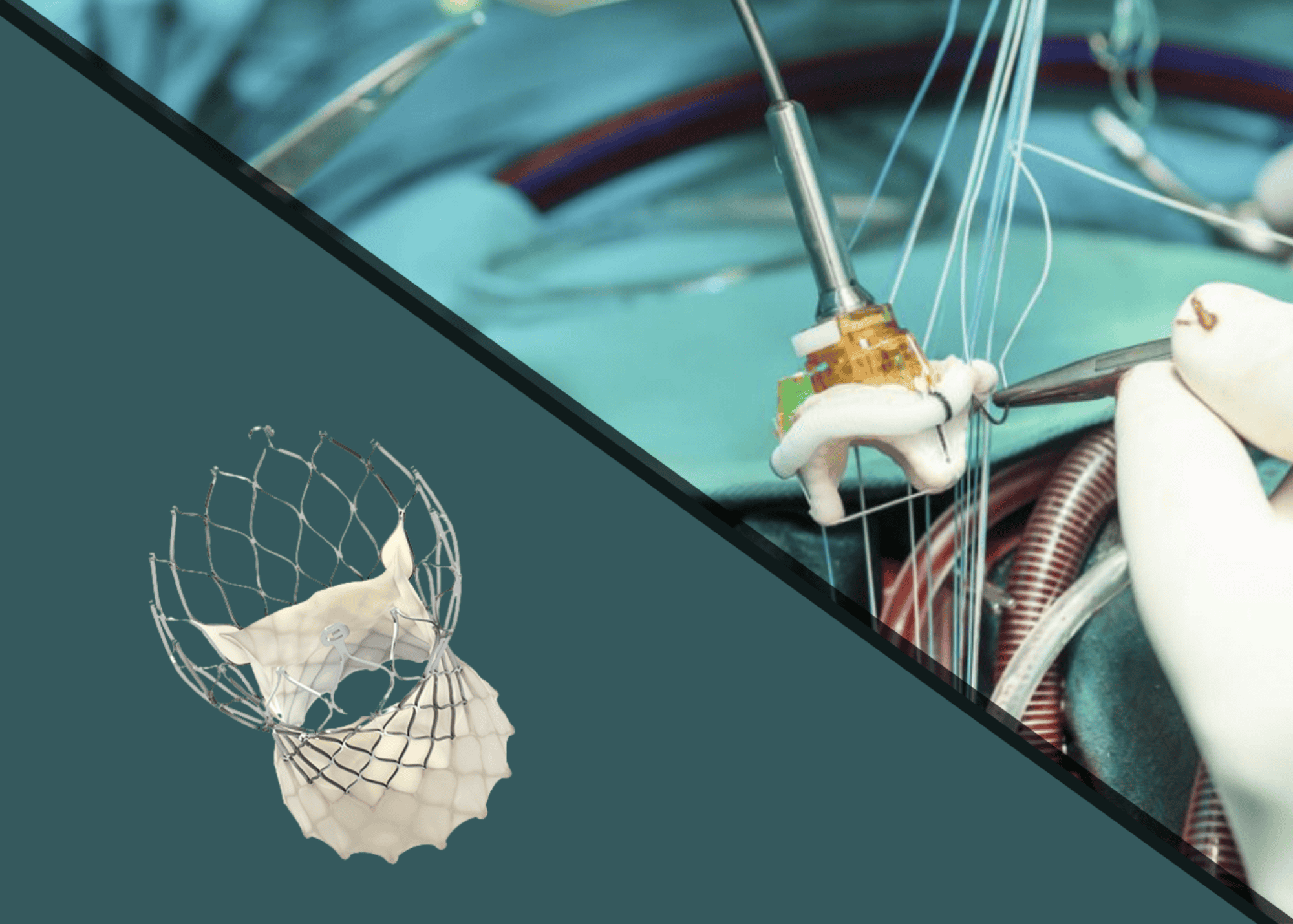Edwards Lifesciences and Medtronic’s fight for TAVR supremacy took an interesting turn last week, after Edwards showed that its SAPIEN 3 valve has similar five-year outcomes among patients with both small and large aortic annulus, regardless of their mean gradients and rates of prothesis-patient mismatch (PPM).
The study analyzed 1,355 low or intermediate risk patients with symptomatic aortic stenosis who received an Edwards SAPIEN 3 balloon-expandable valve and were included in the PARTNER 2/S3i registry or PARTNER 3 trial. Roughly a third of those patients (476) had a small aortic annulus (≤ 430 mm2).
After five years, patients with small and large aortic annulus had…
- Similar rates of death/disabling stroke – 36.3% vs. 35.8%
- Similar all-cause mortality – 28.5% vs 29.3%
- A nonsignificant difference in aortic valve reintervention – 2.7% vs. 1.8%
- Similar rates of bioprosthetic valve fracture – 2.9% vs. 2.1%
When analyzing small annulus patients based on PPMs and mean gradients (≥20 mm Hg), there was no difference in stroke and all-cause mortality metrics, nor were there differences in reintervention and bioprosthetic valve fracture.
Although Medtronic wasn’t mentioned, it’s easy to view these results as a response to the recent SMART trial, which found that Medtronic’s Evolut self-expanding valve had key one-year advantages over Edwards’ SAPIEN 3 valves in patients with small aortic annuli.
- In the SMART trial, the devices had similar rates of death, disabling stroke, or HF hospitalization (9.4% vs. 10.6%). However, Medtronic’s Evolut had much lower bioprosthetic-valve dysfunction (9.4% vs. 41.6%), hemodynamic structural valve dysfunction (3.5% vs. 32.8%), and aortic-valve mean gradient (7.7 vs. 15.7 mm Hg).
Many people walked away from that ACC Late Breaker with a hunch that the Evolut might prove to be better for people with small aortic annuli. However, we’re going to have to see the SMART trial’s five-year results to know for sure, or better understand whether metrics like gradients and PPM actually affect outcomes.
The Takeaway
While the SMART trial might have shown early signs of the Evolut valve’s hemodynamic advantages in small aortic annuli patients, Edwards new five-year SAPIEN 3 data suggests that there might not be an association between PPM or mean gradients and actual clinical outcomes. At least for now, we don’t have any long-term data that suggests otherwise.





